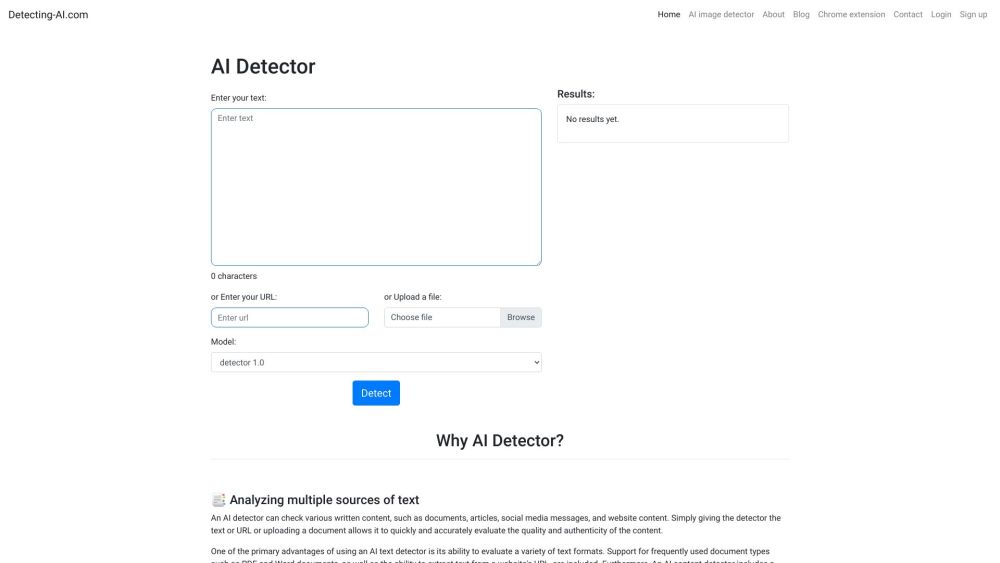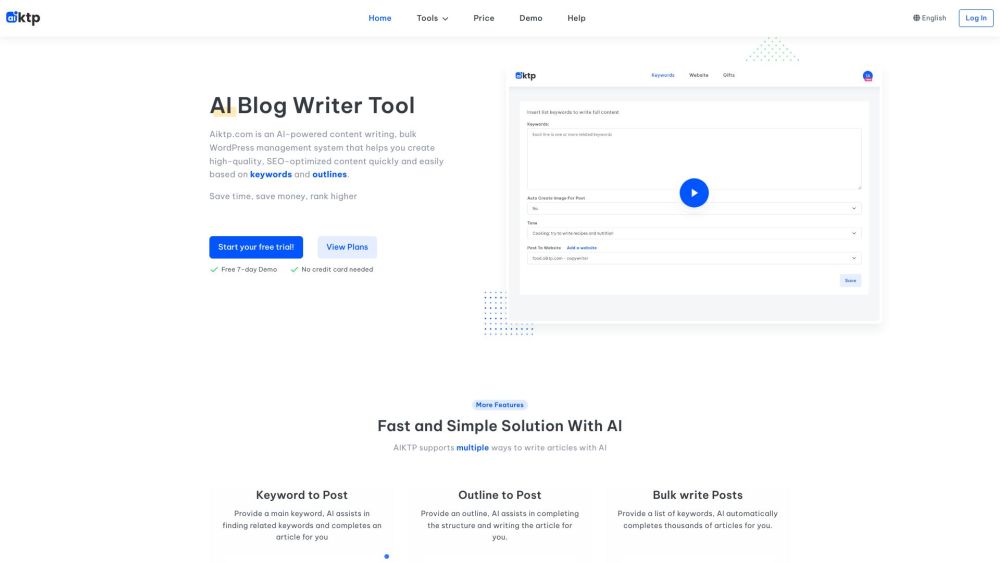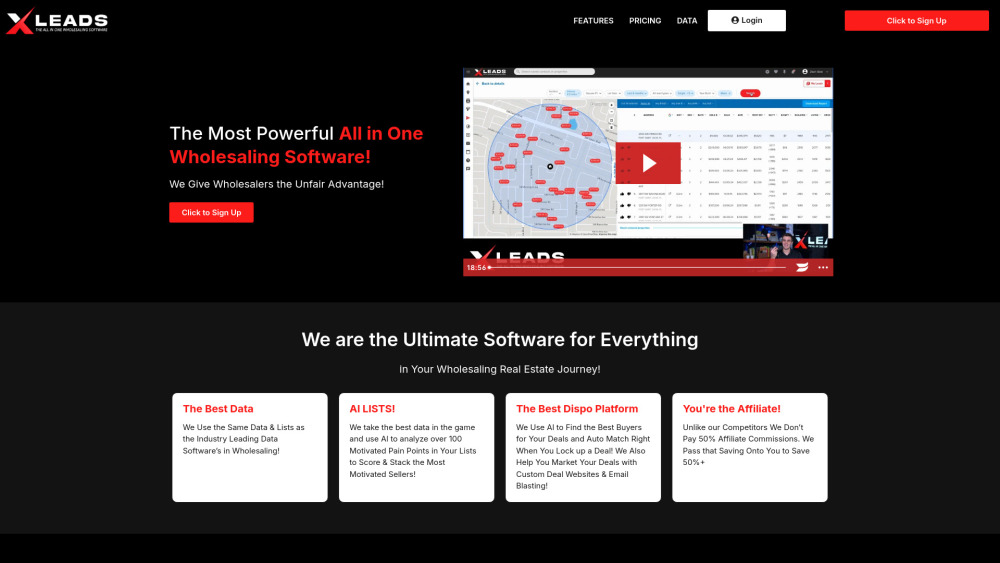A recent survey of 2,100 global business leaders by IDC reveals a significant surge in AI investments, fueled by the excitement surrounding generative AI. Commissioned by Microsoft, this independent study indicates that companies experience an average of 3.5 times return on their AI investments—equating to a remarkable 250% ROI per dollar spent.
In contrast, a May survey conducted by IBM found an average ROI of just 5.9%, which falls short of the typical 10% cost of capital, deeming AI a risky investment in some cases. This discrepancy highlights the varied landscape of AI monetization, where some reports suggest even lower returns and challenges in accurately estimating ROI.
As one of the first reports to assess AI monetization since the surge of interest in generative AI late last year, the IDC survey shows that 71% of respondents currently utilize AI, with an additional 22% planning to adopt it within the next year. Notably, 92% of AI deployments are completed within 12 months, faster than previous technologies.
Ritu Jyoti, GVP of AI and Automation at IDC, mentioned in an interview that it was the first time the firm asked respondents to quantify their ROI. The methodology relied on self-reported data, offering respondents options of 2X, 3X, 4X, 5X, no ROI, and Not Sure. Those reporting over 5X were prompted to elaborate on their estimates.
Future reports will track these ROI claims to determine their accuracy. If these figures hold, there is minimal risk for organizations pursuing aggressive, diversified AI investment strategies. However, there is a possibility that over-optimism may skew these results, so caution remains essential.
Excitingly, many companies are prioritizing AI over other initiatives, with 32% of organizations averaging an 11% budget cut from non-IT areas to fund AI projects. This trend reflects the transformative impact of generative AI, previously limited to technical teams, which has now gained attention from C-suite executives and boards.
Despite its promise, generative AI's monetization results are still in the early stages. Jyoti noted that most organizations are either evaluating or piloting generative AI projects, and the ROI figures in the IDC report pertain primarily to traditional AI applications. However, organizations reported an 18% average increase in customer satisfaction, productivity, and market share when utilizing AI.
Alongside these positive results, companies express growing concerns about data loss, risk management, and insufficient AI governance, particularly as generative AI rises. IDC estimates that generative AI could contribute nearly $10 trillion to global GDP in the next decade.
In a separate interview, Alysa Taylor, Microsoft's corporate vice president, emphasized the report's aim to identify AI's potential and the benefits companies realize. She described generative AI as a "catalyst" that accelerates innovation, enabling organizations to bypass outdated technology and achieve faster market entry.
The survey revealed several key findings:
- Organizations on average realize a return on their AI investments within 14 months.
- Top use cases for monetizing AI include copywriting, running simulations, and automating workflows.
- For every $1 invested in AI, companies report a return of $3.5X.
- 62% of organizations are currently employing generative AI, while 24% plan to invest in it within the next two years.
- The primary challenge organizations face in scaling AI initiatives is a lack of skilled workers (52%).
- The respondent pool was balanced between IT leaders and business line managers, with 66% in upper management roles and 63% involved in AI decision-making.
To address the skills gap, Microsoft aims to engage over six million individuals globally through its Learn program and has trained 400,000 partners.




